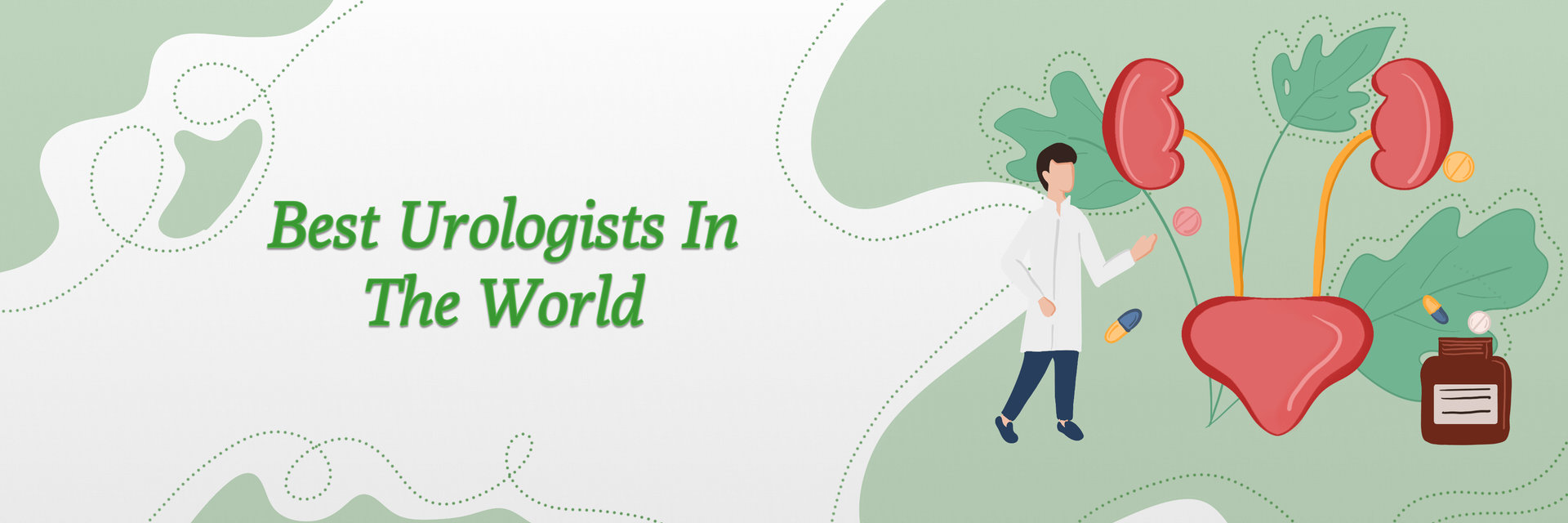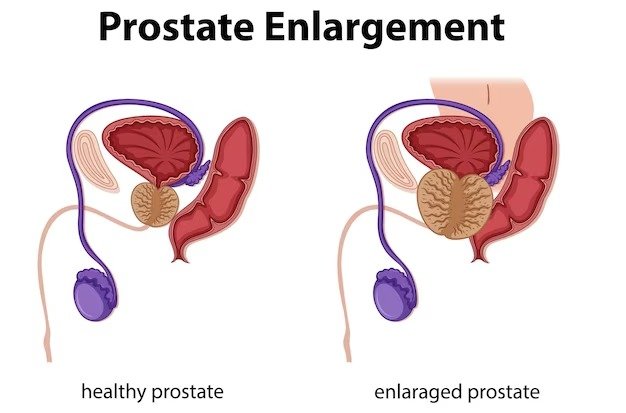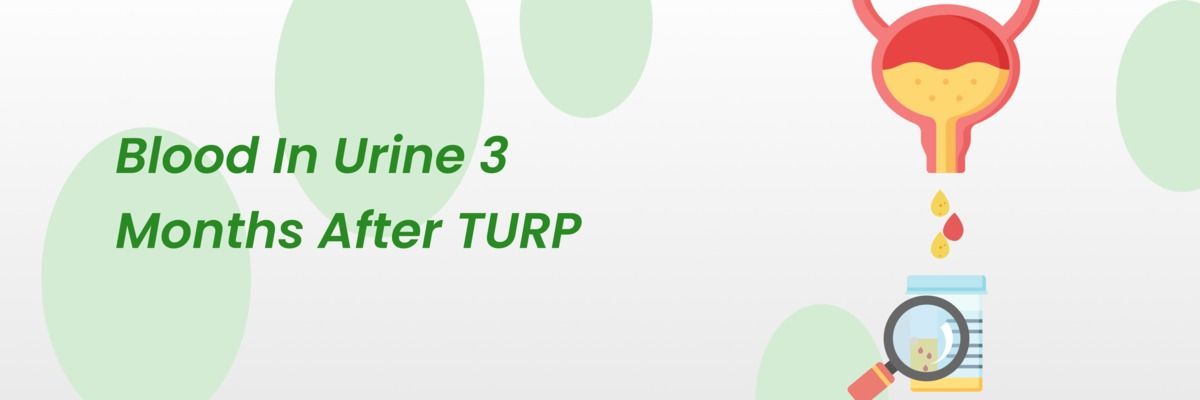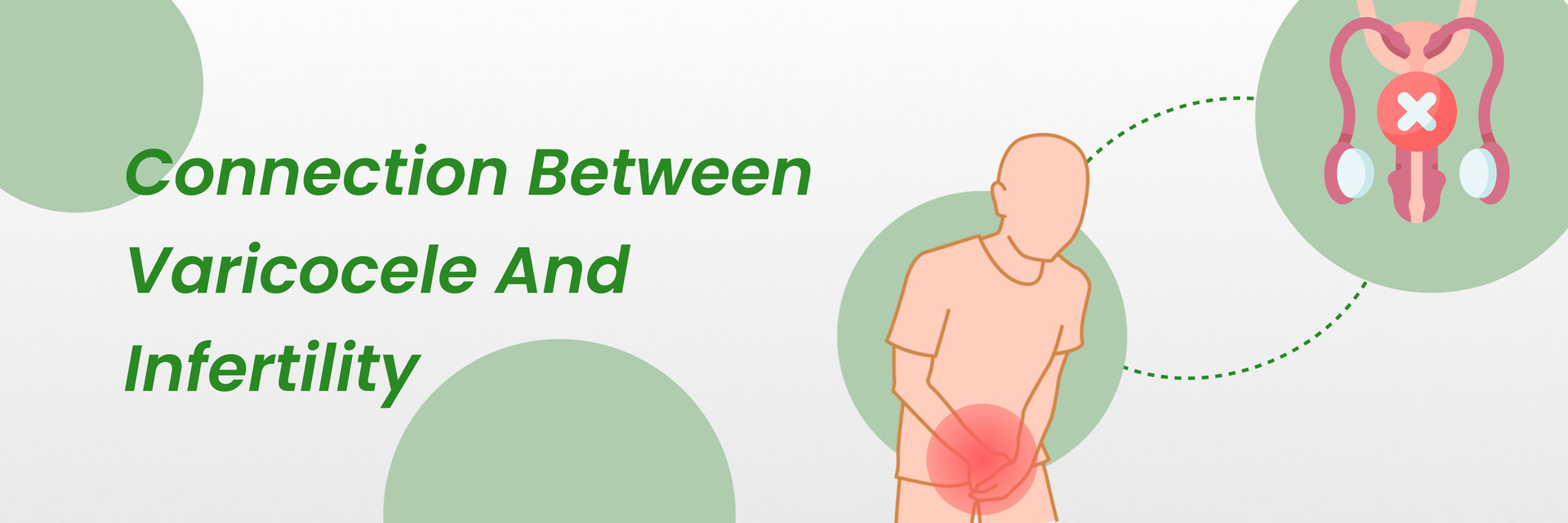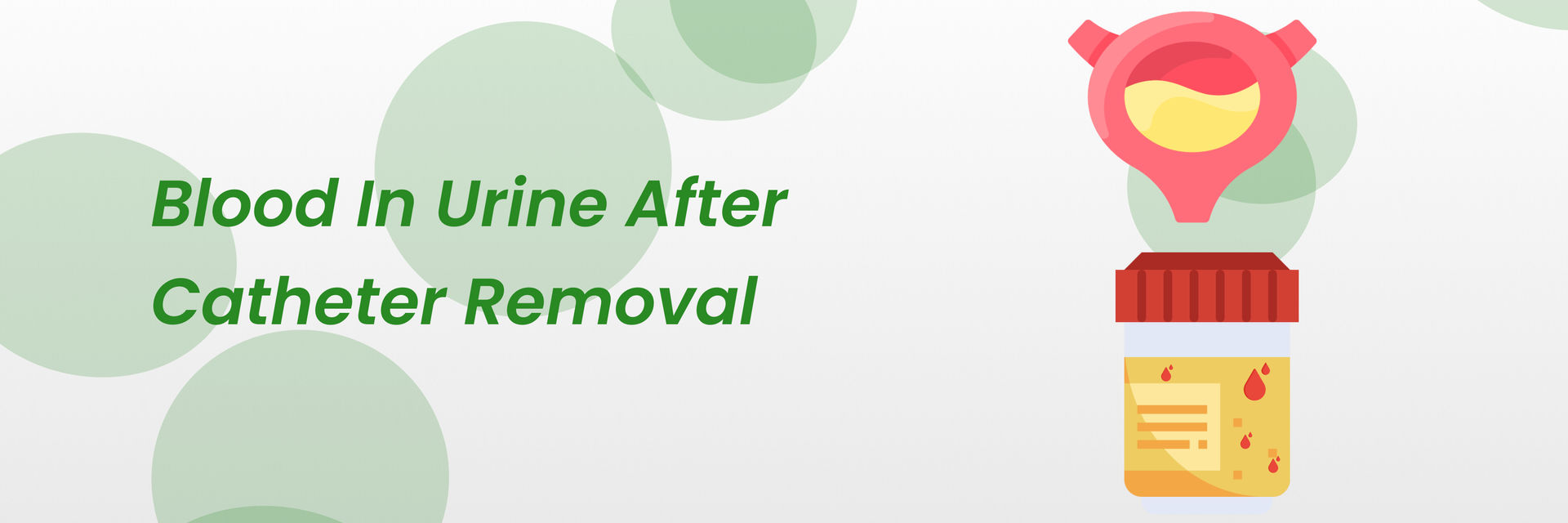Erectile dysfunction (ED) is common among men. It is characterized by the inability to get or keep an erection for sex. Erectile dysfunction occurs when there is too little blood flow to the penis. Or when the nerves that control an erection are damaged. This condition can result from psychological, neurological, hormonal, or vascular factors. These factors are often worsened in men with type 1 diabetes. Type 1 diabetes is a chronic condition. It makes the pancreas produce little or no insulin. It often complicates managing many health aspects, such as sexual function. This is due to the disease's impact on blood vessels and nerve function. Poor diabetes management can lead to high blood sugar, which, over time, harms nerves and blood vessels. This damage impairs blood flow and nerve signals needed for normal erections.
Are you experiencing symptoms of erectile dysfunction alongside type 1 diabetes? Schedule your consultation with the best urologists in India and get expert advice for your health!
Men with type 1 diabetes are more likely to develop ED at a younger age compared to men without diabetes. The main reason is prolonged exposure to high blood sugar. It damages blood vessels and nerves over time. This damage is called diabetic neuropathy and vasculopathy. It can greatly impair the body processes needed for an erection. Also, hormonal imbalances cause ED. These imbalances, such as low testosterone levels, are common in men with diabetes. They further add to the development of ED.
Wondering how common ED is in Diabetics? Let’s dive into the numbers that might leave you thinking
How common is erectile dysfunction in men with type 1 diabetes?
Erectile dysfunction is notably more common in men with type 1 diabetes than in the general population.
Did you know?
ED is more than three times as likely in men with diabetes than in men without it.
This high prevalence underscores the significant impact of diabetes on sexual health. ED starts earlier in diabetic men. It often starts in their 30s or 40s. In the general population, it is more common in older age groups. Men who have had diabetes for a longer period and those with poor blood sugar management are at a higher risk.
"Erectile dysfunction is surprisingly common in men with Type 1 Diabetes, impacting more than 50% of patients. Effective diabetes management is crucial for mitigating this condition." - Dr. Neeta Verma, a renowned Urologist in Bhubaneswar
What factors influence sexual dysfunction in diabetic people?
Several factors increase the risk of sexual dysfunction in people with diabetes:
- Obesity: Often associated with diabetes, obesity indirectly leads to erectile dysfunction (ED).
- High Blood Pressure: Commonly co-occurs with diabetes and affects sexual function.
- Sleep Apnea: Linked to ED in men and sexual difficulties in women.
- Depression and Anxiety: Impact libido and may lead to medication affecting sexual function.
- Hormonal Changes: Altered testosterone or estrogen levels due to diabetes or menopause affect arousal and lubrication.
Can type 1 diabetes management reduce the risk of ED?
Managing type 1 diabetes well is crucial. It reduces the risk of erectile dysfunction. Maintaining good blood sugar levels can prevent or delay the onset of complications. These include neuropathy and vasculopathy, which cause ED. You need to monitor your blood glucose regularly and stick to insulin therapy. These are key parts of managing diabetes. Men with type 1 diabetes should also have regular screenings for sexual health. The goal is to find and address ED early.
Treatment options for ED in type 1 diabetic patients
Oral Medications: Drugs like Viagra and Cialis help improve blood flow to the penis, making it easier to get an erection.
Vacuum Devices: A tube placed over the penis that uses a pump to create a vacuum, drawing blood into the penis to help achieve an erection.
Penile Injections: Medications injected directly into the penis to prompt an erection, useful if pills aren’t effective.
Penile Implants: Surgical options that involve inserting devices into the penis to allow more control over erections.
Lifestyle Changes: Eating healthy, exercising, and managing diabetes well can improve ED. Quitting smoking and reducing alcohol can also help.
Counseling: Talking to a therapist can help manage stress, anxiety, or relationship issues related to ED.
Are you also facing unusual signs and Think You Might Have ED? Then check these symptoms.
Symptoms of ED that type 1 diabetics should be aware of
Trouble Getting an Erection: Difficulty in achieving or maintaining an erection sufficient for sexual activity.
Reduced Sexual Desire: A noticeable decrease in libido or sexual interest.
Inconsistent Erection Quality: Erections that are less firm or don't last long enough for satisfying sexual intercourse.
Delayed or Absent Ejaculations: Changes in the timing or ability to ejaculate.
How does long-term type 1 diabetes affect sexual health and function?
Type 1 diabetes impacts sexual health. While most studies focus on men, diabetes affects both genders. Here are some common symptoms related to sexual health:
- Lessened Libido: Reduced interest in sex.
- Arousal Inability: Difficulty achieving or maintaining an erection (in men) or lubrication (in women).
- Decreased Sensation: Reduced pleasure or difficulty reaching orgasm.
- Intercourse-Related Pain: Pain during sex.
- Infections: Frequent urinary tract infections (UTIs) or vaginitis.
- Chronic hyperglycemia leads to diabetic neuropathy, damaging the nerves that control erections.
- Vascular complications restrict blood flow, further exacerbating erectile dysfunction.
- Additionally, prolonged diabetes can cause hormonal imbalances, including low testosterone levels, which are crucial for sexual desire and performance.
These factors make managing sexual health in diabetic men complex. It requires a multifaceted approach.
Ready to take control of your health? Changes in your daily routine can make a difference. Here's your next step.
Lifestyle changes to manage both type 1 diabetes and ED
Balanced Diet: Eat a diet rich in fruits, vegetables, whole grains, and lean proteins to help manage blood sugar levels.
Regular Exercise: Aim for at least 150 minutes of moderate aerobic activity per week to improve blood flow and overall health.
Maintain Healthy Weight: Achieving and maintaining a healthy weight can help control diabetes and improve erectile function.
Avoid Smoking: Smoking can worsen blood flow issues, so quitting is crucial for improving ED and diabetes outcomes.
Limit Alcohol: Excessive alcohol can affect both blood sugar control and erectile function, so moderation is key.
Stress Management: Practices like meditation, yoga, or therapy can help reduce stress, which can negatively impact both conditions.
Curious to know more ways to manage Type 1 Diabetes and its complications? Book your appointment with the top Urologist and don’t hesitate to get guidance to make informed decisions!
Conclusion
The link between erectile dysfunction and type 1 diabetes is complex. It requires a thorough understanding and proactive management. Men with type 1 diabetes face a higher risk of developing ED due to the long-term effects of high blood sugar on nerves and blood vessels. Managing diabetes is important. It is crucial for reducing the risk and severity of ED. Many treatments can manage erectile dysfunction. Early treatment can greatly improve the quality of life.
FAQs
Can type 1 diabetes cause erectile dysfunction?
Yes, type 1 diabetes can cause erectile dysfunction due to damage to blood vessels and nerves from high blood sugar levels.
How can men with type 1 diabetes manage erectile dysfunction?
Management includes controlling blood sugar levels, using medications like PDE5 inhibitors, and making lifestyle changes such as regular exercise and a healthy diet.
Is erectile dysfunction reversible in men with type 1 diabetes?
While it may not be completely reversible, managing diabetes effectively and using appropriate treatments can significantly improve symptoms.
